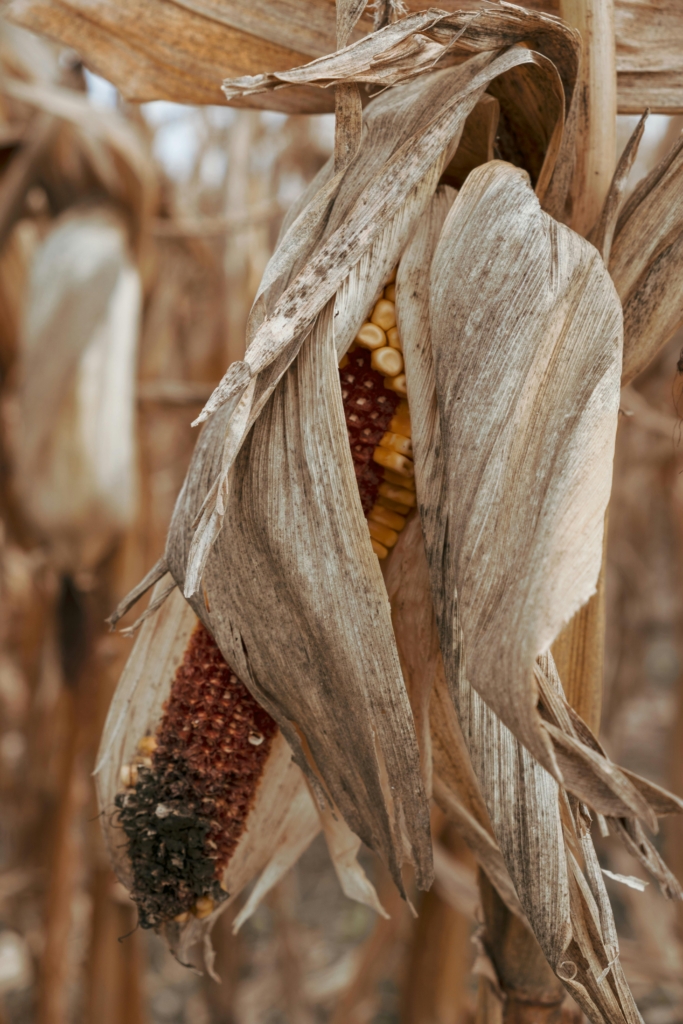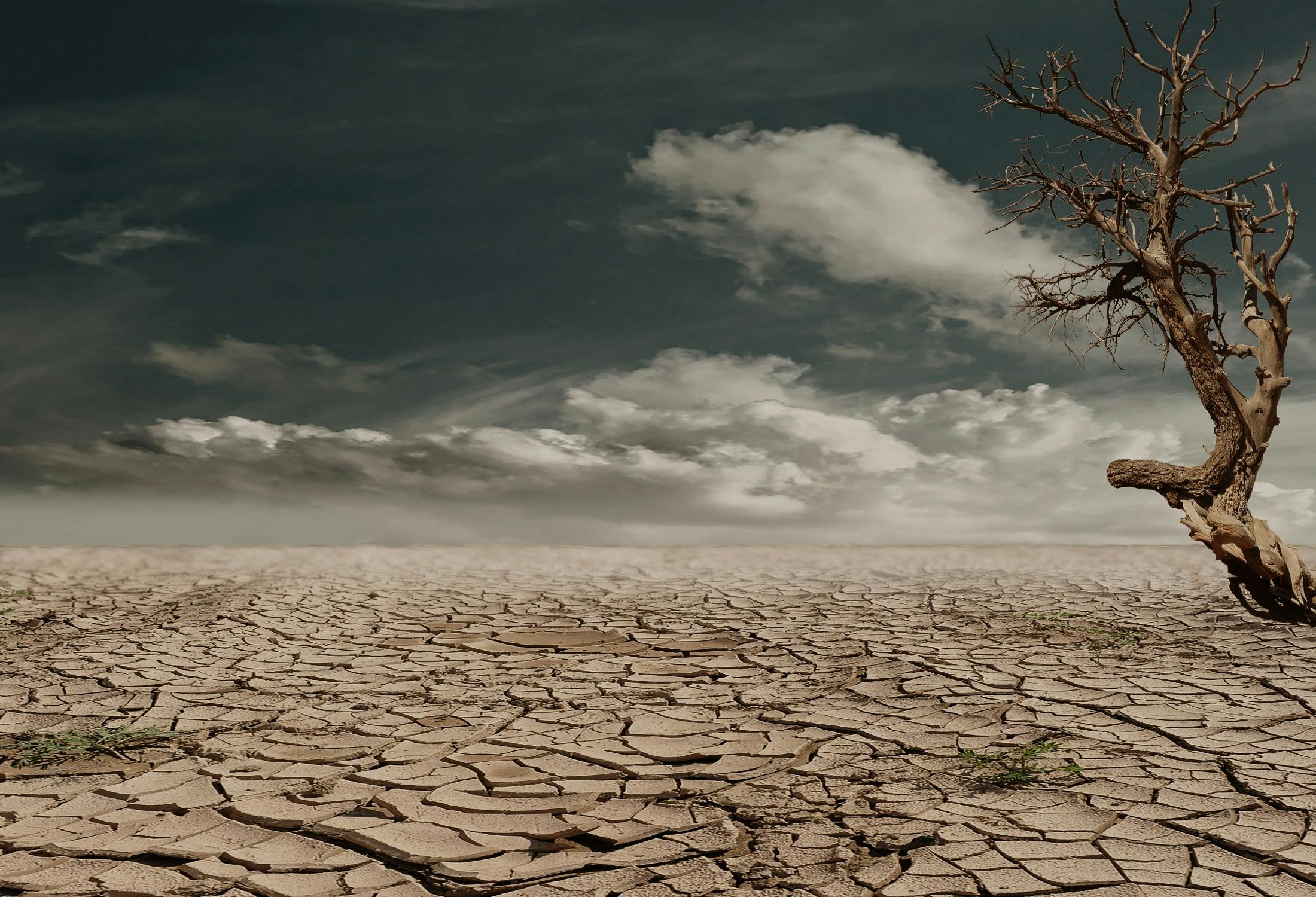
Outdated practices in Agriculture are affecting the food security as the sector is needs to be fully equipped for climate change.
Food is a necessity for every human being. Agriculture is an ancient source to produce food for human beings. As human beings progressed and time changed, industrialization caused climate change. This change in climate brought a lot of challenges to human life. Technology became advanced and human beings learnt new techniques to survive in nature. However, this did more harm than benefit. The increase in population began to pose challenges like food insecurity and climate change. The emissions caused a rise in temperature and climate change.
What is Climate Change?
Climate change means rise in earth’s temperature due to rise in CO2 levels. Burning coal and
fossil fuels for energy causes climate change. Emissions from vehicles and greenhouse gasses
also play a major role. Human activity has released more methane into the atmosphere than
any other cause.
Climate change has had a negative impact on Pakistan’s Agriculture and that of the world. For
the past years this has led to food insecurity.
What is Food Insecurity?
Food insecurity means having limited or no supply of food. It also means having no access to
the food due to different factors. This situation has serious repercussions as this creates a major
gap in the supply chain.
The different cases of climate change and their impact on the food security is as follows:
- Extreme weather events:
Heavy rains and storms destroy crops resulting in low crop yield and causes the loss of millions of dollars Low crop yield causes shortage, failure of supply chain and increase in prices.
Monsoon in 2023 heavy rains caused a flood disaster in Pakistan. It caused heavy loss of crops
creating a huge supply chain failure. - Rising CO2 Levels:
Rising CO2 levels due to increased human activity reduces food quality making it unusable. Studies show that crops grown under rising CO2 levels are low on essential nutrients. This makes it unhealthy for human consumption. Burning of crops causes smog, it now has become an alarming concern for Pakistan. - Use of harmful chemicals:
Use of pesticides and fertilizers above the recommended levels poisons crops. Thus making it
unhealthy and dangerous to consume. Pakistan’s consignment to Europe was recently rejected
because it did not comply with international standards for toxicity levels. - Natural disasters:
Natural disasters like floods damage infrastructure. This leads to problems with food access and
disrupts the supply chain. Drought brings famines which affect the supply of food. Major parts of
the world are taking measures to adapt the sustainable practices in Agriculture. Pakistan needs
to pick up the pace to cope with the famines in future. - Invasive Pests:
Invasive species of insects damage the crop. It causes shortage and increase in the prices of
the available stock. A major bottleneck in majority parts of the country and the rest of the world. - Commission Agents:
Layers of commission agents increase the rates of end products. Commission agents are the
people who bring produce to the consumer markets.
As the research suggests, climate change is the major factor affecting the crops. We need to
regulate human activity which is a major contributor to climate change. This is introductory
piece and more information will be added in upcoming articles. - Heat Waves:
- Heat waves affect crop yield and cause crop failure. Extreme heat causes moisture to evaporate leaving the crops dried out and withered away. This causes famine in affected areas and economic loss to the farmers. Heat waves also cause wildfires resulting in the increase in CO2 levels.
- How can we cope with climate change?
- Climate change can be controlled with the following measures:
- Planting more trees:
- World is under serious effects of climate change when it comes to carbon emission. We need to plant more trees, to get rid of the excess carbon emission from agriculture and other factors. Planting more trees around the fields will reduce agricultural carbon emission. Planting trees will save the environment by reducing smog.
Switching to better energy alternatives:
- The only solution to fight climate change to improve the crop yield is to reduce carbon footprint. This is critical to reduce temperatures and extreme weather conditions which are the direct result of carbon emissions.
- Fossil fuels are a huge source of energy; however, governments are adopting renewable energy sources to tackle the carbon emissions. This includes switching to solar PV sources for energy production. Introduction of electric vehicles is another initiative by the government to cope with the excess carbon emissions.
- Sustainable Agriculture practices:
- Different agriculture practices can be adapted to ensure food security for the future. However, there is a dire need for the famers from lesser developed countries to adapt to these measures. There are different mediums which are helpful to spread the message. Intelligent technologies are being developed to cater to the farmers from lower economic bracket.
- Agroforestry:
- Agroforestry is an old but effective way to reduce carbon footprint in Agriculture. It is the best way to preserve land fertility by preventing soil erosion, restoring land, and protecting crops and livestock from winds. Agroforestry however should be adapted in a way that it does not compete with the crops.
- Organic farming:
- Adapting organic farming involves using organic fertilizers and pesticides to enhance soil health. Organic farming practices can increase the land fertility and quality of crops.
- Other Practices:
- Other sustainable practices involve precision agriculture, crop management, soil fertilization through the use of technology and making climate resilient seed for climate resilient crops.
External Links:


